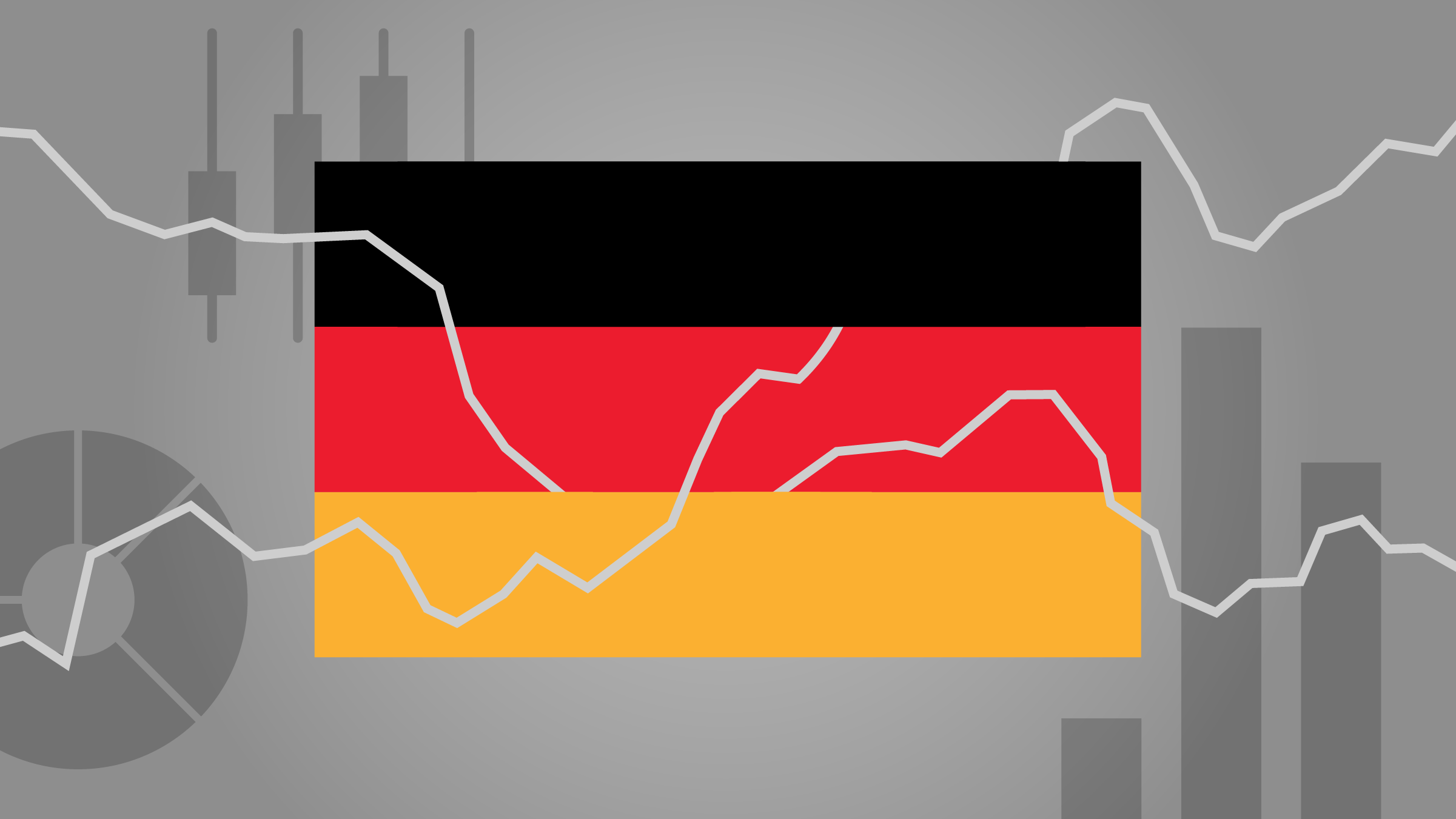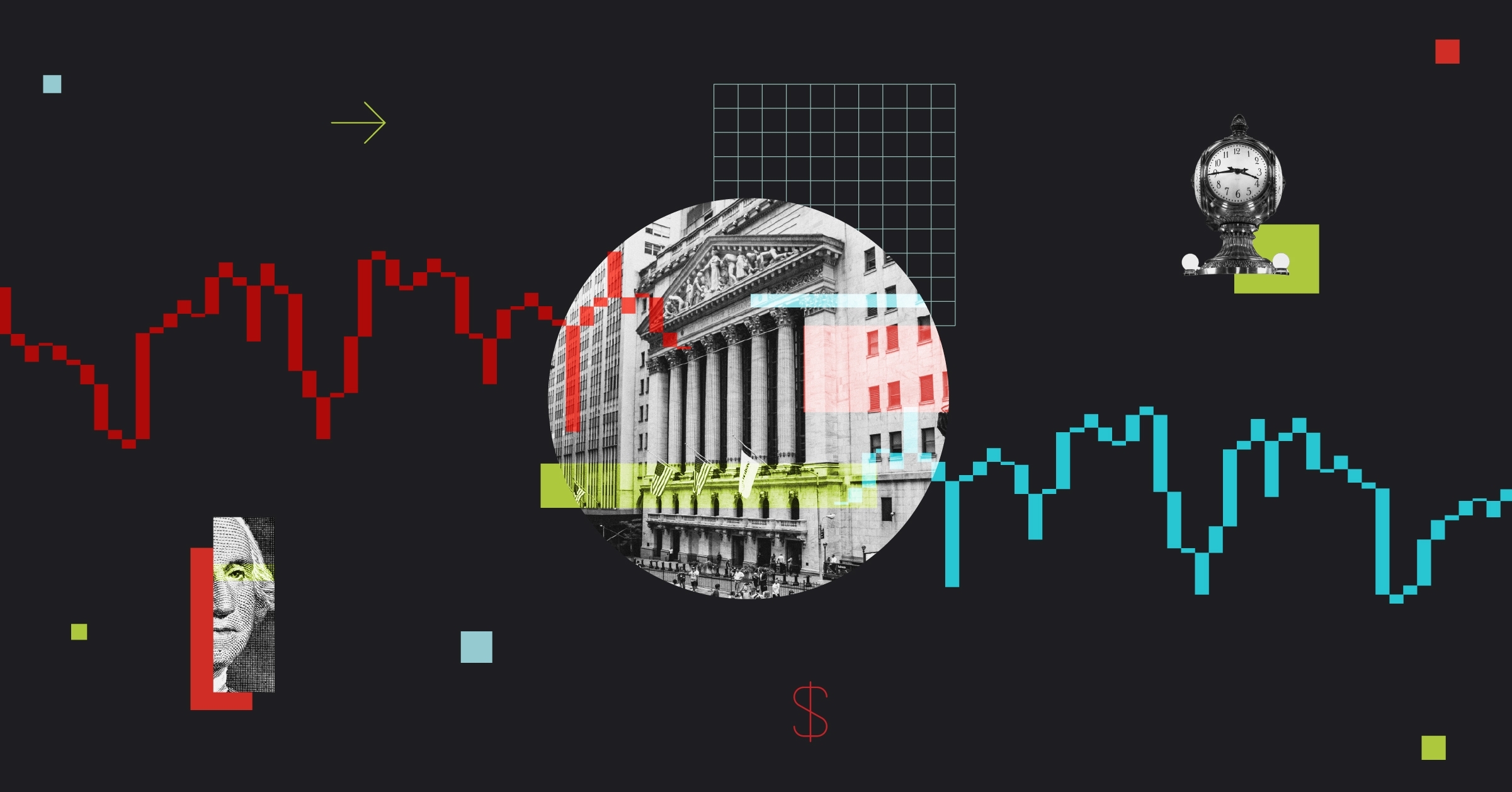No Quarter Given
The gloomy economic figures roll on with very little let-up but we should not be too downhearted. Nothing really has changed and the investment climate remains heavily slanted towards buying and holding equities.
Rarely have GDP figures been awaited with such pointless anticipation than those issued this week. The 0.2% decline in the first quarter, following a 0.3% squeeze in the last three months of 2011, have been heralded as producing a double dip recession.
Already this aberration is being explained away as a statistical mistake that will be wiped clean in subsequent reappraisals of the figures. Don’t count on it. In any case, the reality of the situation we find ourselves in can be seen in the accompanying graphs shown in some newspapers comparing this recession unfavourably with earlier ones, including the early 1930s.
The simple fact is that we have been in recession for the past four years and the latest figures change nothing. Until we start to climb out of the pit in any meaningful way, the quarterly figures really count for very little.
Yes, I am very disappointed that we did not manage just a tiny fraction of growth after the setback in the final quarter of last year, but the sort of growth I and other commentators were expecting would have been pretty anaemic anyway. Better than what we got, admittedly, but nothing to rejoice over.
The continued recession in the UK gives the lie to the notion that having your own currency and being able to devalue solves any country’s economic problems. UK manufacturing has failed to take off irrespective of whether the pound rises or falls against the dollar and the euro.
Productivity does not come from paying workers in a devalued currency. It comes from producing more. As I have pointed out repeatedly, dropping out of the euro will not solve the economic problems in Greece, Spain and the other strugglers without action to address the underlying problems. Ireland has taken action within the euro and is sorting itself out to the point where it may be able to come back to the bond market to raise money rather than rely on European Union handouts.
In the UK, there is renewed talk of quantitative easing to get the economy going. The voices are muted, however, for there is no evidence that the last two bouts had any such effect. QE has been used so far to mop up government debt, which works wonders in keeping government borrowing costs down artificially but does not boost private enterprise.
The overall message in the UK is that life goes on as before, which means that the stock market has been right to shrug off the supposed double dip. It looks as if 5,700 points on the FTSE 100 index is the norm until there are genuine new developments.
Pick and Mix: Carpetright, ARM Holdings, AstraZeneca, Unilever
Despite the turbulence, it is not particularly difficult to choose sound investment prospects. In fact, a combination of reading our Morningstar site and the City pages of a respectable newspaper, plus adding a dose of common sense will often suffice.
For example, it does not take much nous to work out that companies such as Carpetright (CPR) should be avoided. It has this week issued its sixth profit warning in less than 18 months, admitting that full-year profits were likely to be £3-4 million against analysts’ predictions of £6 million.
Trading across Europe is poor, which is hardly surprising given the state of European economies. This situation is hardly likely to improve and with UK consumers similarly in no position to go out on a spending splurge it is hard to see Carpetright’s trading getting any better some time soon.
In addition, Carpetright has tried to diversify into beds, hardly an obvious add-on to carpets. A new range of beds has lifted sales only marginally. The yield is a mere 1.3%, nothing like enough to compensate for the risks. I’m sorry to draw that conclusion as I have had some great hard-wearing and stain resistant carpets, fitted very professionally, from more than one Carpetright store.
Slightly harder to assess are companies such as chip maker ARM Holdings (ARM). The shares took a nasty tumble this week because flooding in Thailand stopped production at electronics factories using its products. There are also concerns that a slowdown in sales of consumer electronics is hurting royalty receipts.
Given that Apple (AAPL), an important customer for ARM, goes from strength to strength and that the flooding in Thailand was heavily reported at the time, one is entitled to wonder why ARM shares should fall now. Is this a buying opportunity?
My feeling is no, because ARM’s yield is tiny and its P/E ratio hefty. The shares were, and in my view still are, overpriced. They depend heavily on ARM growing sales and profits rapidly and while I think that the company will continue to grow, it is on too demanding a rating.
AstraZeneca (AZN) is another one that is hard to call. On the negative side, its sales are down heavily as it faces more competition from generic drugs. On the basis that one piece of bad news is often followed by another, the company could be going into a downward spiral.
On the other hand, its historic yield is over 6%, substantially higher than that at rival GlaxoSmithKline (GSK), in which I own shares, and the P/E is only half that of Glaxo.
AstraZeneca looks to be one for gamblers. The chief executive is going and there is a new chairman and senior non-executive. They have plenty to work on.
Finally, Unilever (ULVR) has popped up with great results. Sales and profits are up strongly and the household goods maker has found new markets around the world, markets where consumers in developing nations at last have the cash to buy Unilever products.
The yield is under 4% but if you are looking for long term prospects this company is worth considering.
For more market analysis, watch The Weekly Wrap: Recession, Earnings and M&A, which covers all the big market-moving events from the past week, including corporate earnings announcements from AstraZeneca and Unilever.
Weekly Market Movements
Monday 23 April - Friday 27 April
FTSE 100: +0.09%
FTSE 250: +0.30%
FTSE All Share: +0.11%
FTSE Smallcap: -0.13%
FTSE Fledgling: +0.12%
FTSE AIM 100: -0.71%
5 Most Popular Articles on Morningstar.co.uk
The Weekly Wrap: Tesco, UK GDP, Anthony Bolton
Latest Company Research from Morningstar
The 10 Most Popular Funds for Stocks & Shares ISAs
Read more here.
























